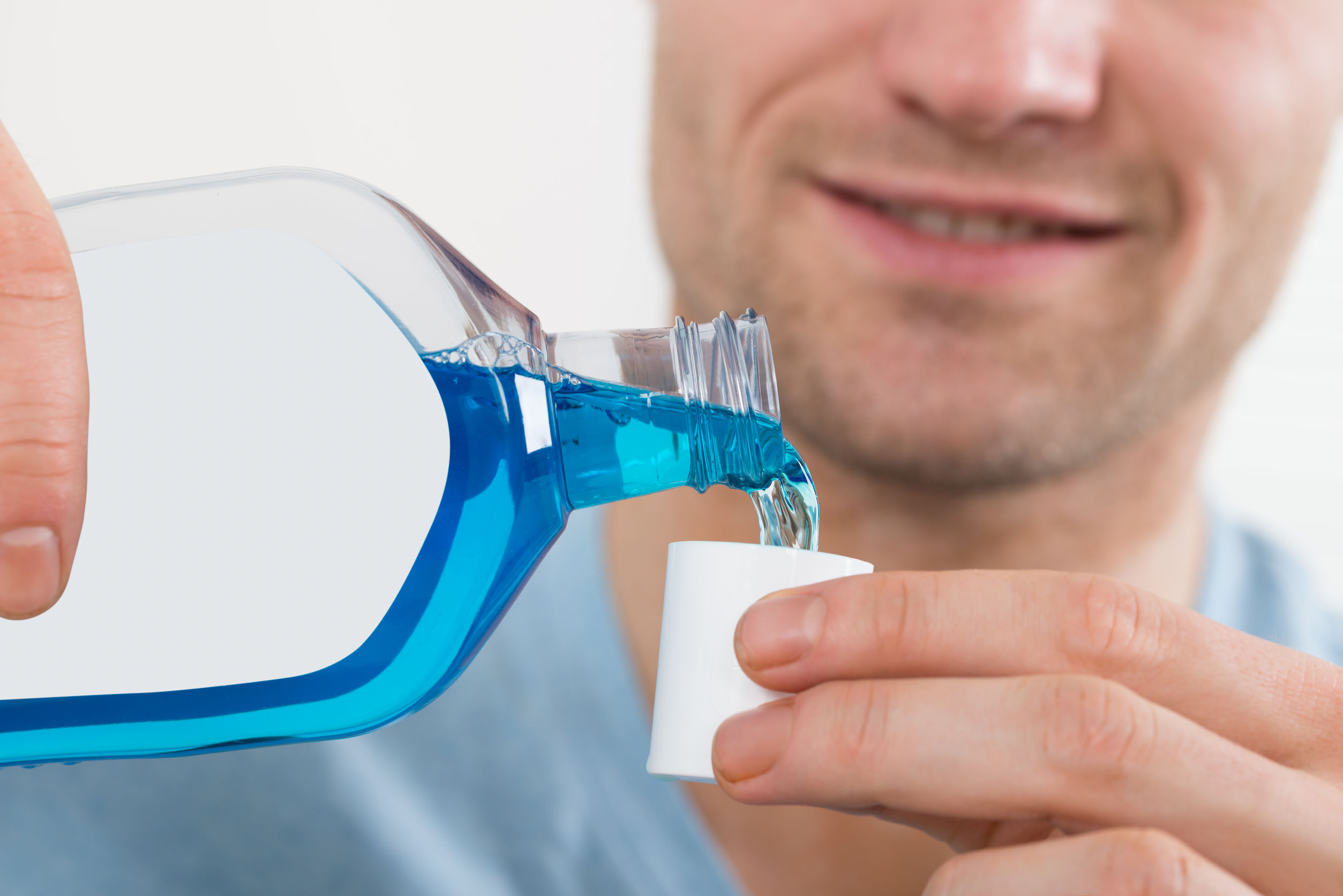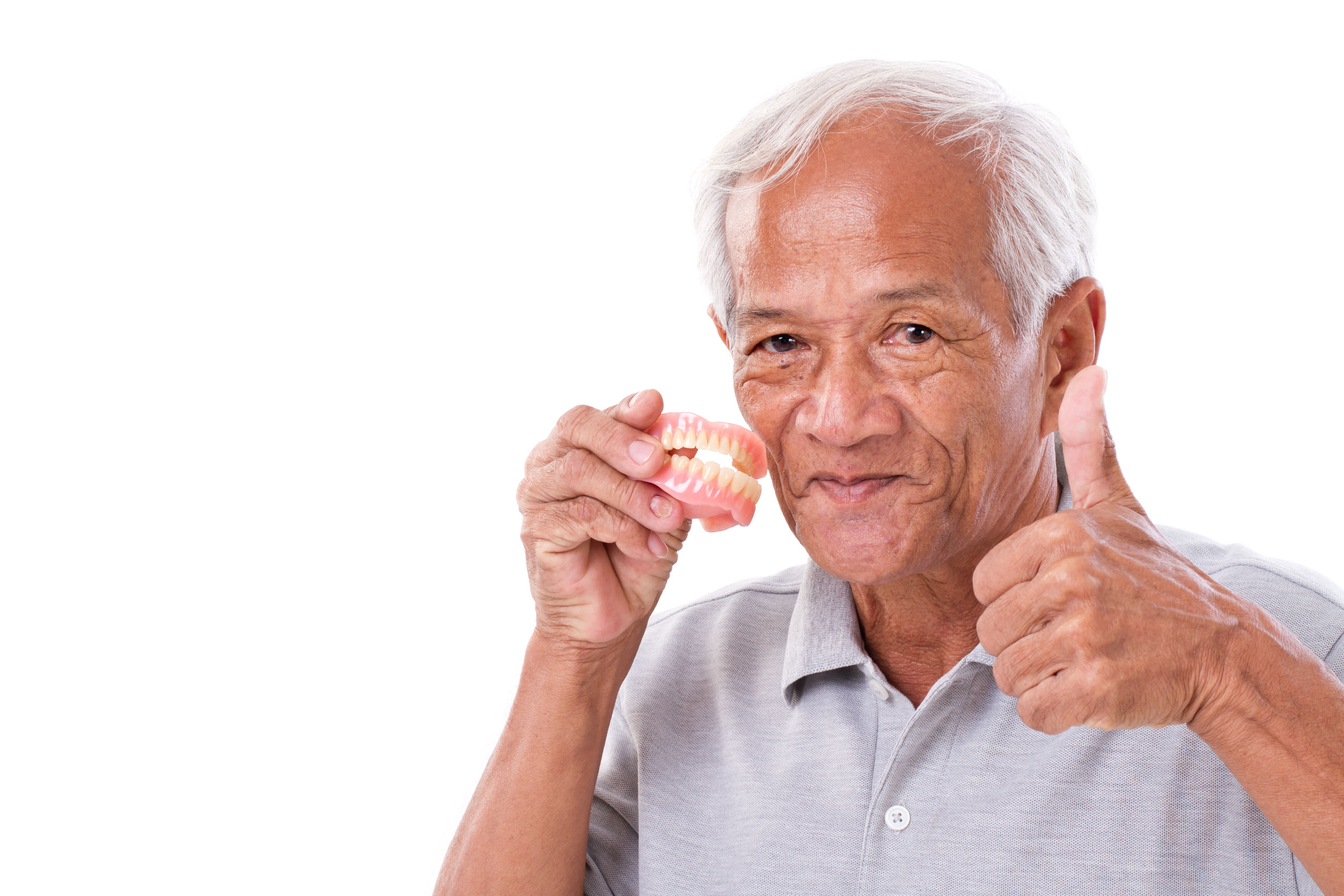 Did you know there is more than one type of mouthwash? Cosmetic mouthwashes will address short term bad breath, while therapeutic mouthwashes are designed to address numerous dental concerns that can improve your oral health. Whichever type you pick, you’ll find there are plenty of reasons to reach for some type of mouthwash next time you’re are the store. Perhaps you’re on your way to a job interview or a date and are worried about your breath smelling fresh. Or you’re worried that flossing isn’t going far enough in your quest to get rid of plaque. Maybe your dentist told you to take an extra step to prevent gingivitis and tooth decay. Or maybe you’ve had a toothache, and you’re looking for a little extra relief.
Did you know there is more than one type of mouthwash? Cosmetic mouthwashes will address short term bad breath, while therapeutic mouthwashes are designed to address numerous dental concerns that can improve your oral health. Whichever type you pick, you’ll find there are plenty of reasons to reach for some type of mouthwash next time you’re are the store. Perhaps you’re on your way to a job interview or a date and are worried about your breath smelling fresh. Or you’re worried that flossing isn’t going far enough in your quest to get rid of plaque. Maybe your dentist told you to take an extra step to prevent gingivitis and tooth decay. Or maybe you’ve had a toothache, and you’re looking for a little extra relief.
Whatever your reason for wanting to swish, you don’t need to feel limited to a minty concoction with a harsh burn. Not only are there two main categories of mouthwash, there are many brands and flavors now on the market. Which one you choose depends on your dental health needs, price point, and what tastes you like. But here are few ingredients to look out for that might help you narrow down the playing field:
Therapeutic mouthwashes tend to contain ingredients including:
Cetylpyridinium chloride sounds like something out of chemistry class, but it’s not so complicated. It’s simply an antiseptic that kills bacteria in your mouth, including those that cause odor. Instead of simply covering up odors on your breath, this ingredient tackles the cause, and can help kill bacteria in hard to reach places after you brush or floss.
Chlorhexidine and essential oils can both be used to combat plaque and gingivitis. The main difference is that chlorhexidine can only be obtained by prescription. That’s because it’s so good at killing bacteria it’s also an ingredient in surgical hand scrub! Certain essential oils can also have antimicrobial properties, without killing good bacteria and while providing a tasty flavor.
Fluoride is a familiar ingredient you might recognize from your toothpaste package. It helps protect your tooth enamel by helping to repel acids, sugars, and bacteria in the mouth before they can cause trouble. You should wait for at least 30 minutes after using a fluoride product to give the ingredient a chance to reach maximum protective effectiveness.
Peroxide is also a way to disinfect your mouth, but it doesn’t have the harsh burn that many associate with alcohol-based mouthwashes. Not only can it help kill bacteria around your teeth and gums, it can also sooth mouth ulcers.
Keep in mind that children under 7 should brush their teeth and learn good flossing habits, but they shouldn’t use mouthwash because their swallow skills might not be developed enough to keep them from ingesting some of the product. Mouthwash is great in your mouth, but it’s not so great in your stomach!
If you still feel overwhelmed by the options, talk to your dentists and dental hygienists at Tedford Dentistry! We’d be happy to help you find a product that keeps your teeth clean and your mouth healthy that is just right for your smile. Whether you’re tackling a specific periodontal condition or just want to keep your whites bright and your breath smelling great, we’ll point you in the right direction.
 Below are some simple, general tips from our Ooltewah dentist to keep your dentures, either complete or partial dentures, in good shape.
Below are some simple, general tips from our Ooltewah dentist to keep your dentures, either complete or partial dentures, in good shape.